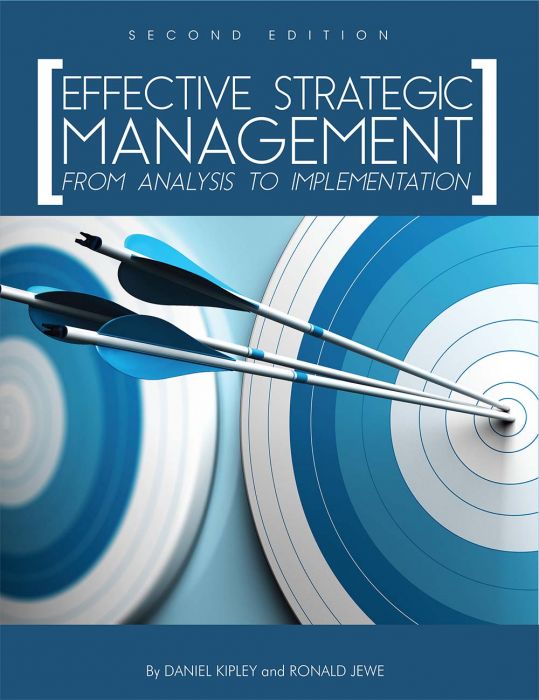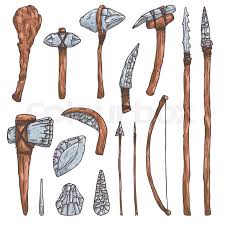The Tale of Ali Baba and the Forty
Thieves
Part 4
Catagory:Fiction
Author:Thousand Nights and One Night ( POWYS MATHERS)
Posted Date:04/03/2025
Posted By:utopia online
You will find the mother of my children a loving and attentive sister to you, and we shall live together in all tranquillity, talking over the merits of the dead.’ Having thus spoken, Ali Baba fell silent and waited for an answer, and in that moment Allah lighted the heart of the wicked woman, and purged it of its spite and pride. She understood Ali Baba’s goodness and generosity, and accepted his offer with a grateful heart; thanks to her marriage with this noble man, she became an excellent woman. Ali Baba, having thus prevented the woman from alarming the
neighbourhood with her cries, left her to the care of his first wife and went down to find young Marjanah.
He met her as she was returning from a visit in the town; for she had lost no time in concocting a plan and putting it into execution. She had gone to a neighbouring druggist and asked for a special theriac which is used for the cure of mortal ailments. The druggist had sold her the draught and asked her who was ill. She sighed, and answered: ‘Alas,
alas, the red evil has stricken down my master’s brother, and he has been carried to our house for better attention. But we can do nothing for him; his face is quite yellow, he is dumb and blind, he is deaf and motionless.
Our only hope is in your theriac, O sheikh.’ She carried the drug back and told Ali Baba briefly of her scheme, which he applauded with genuine admiration. At this point Shahrazad saw the approach of morning and discreetly
fell silent. But when the eight-hundred-and-fifty-sixth night had come SHE SAID: Next morning Marjanah returned weeping to the druggist and asked for a certain electuary which is only used upon patients whose cases seem to be hopeless. ‘If this does not succeed,’ she mourned, ‘all is lost, all is lost!’ Also, as she departed with the electuary, she took care to spread the evil tidings among the folk of that quarter. Therefore the people were not surprised to be woken on the following morning by piercing and lamentable cries, and to be informed of the death of
Kasim. Now Marjanah had said to herself: ‘It is not enough to make a violent death seem natural, my girl. You will have succeeded in nothing if you cannot hide the fact that the body has been cut into six parts.’ As soon, therefore, as she had played her part in the mock mourning, she walked to the shop of an old cobbler in a quarter of the city where she was quite unknown. She slipped a dinar into the cobbler’s hand, saying: ‘We have need of your great skill to-day, sheikh Mustafa.’ ‘You bring me a fortunate morning, O face of the moon,’ answered the gay and talkative
old man. ‘Speak, dear mistress, and all shall be as you require.’ ‘You have only to collect what you need for sewing leather, and to follow me,’ said Marjanah, ‘but first it is necessary that I blindfold you, for that is a strict condition of the work.’ She bound a kerchief about his eyes, but he recoiled, saying:
‘Would you make me commit a crime or deny the Faith of my fathers for one poor dinar?’ So Marjanah soothed him with a second dinar, saying: ‘Your conscience may be clear, O sheikh. We only want you to do a little sewing.’This satisfied the cobbler and he allowed himself to be led along the streets and down into the cellar of Ali Baba's house. There Marjanah removed the bandage and showed him the six pieces of the body which she had set in order. Then she gave him a third gold coin, saying: ‘I wish you to sew the pieces of this body together; if you work quickly, you shall have a fourth dinar.’ This munificence decided the old man and, in a very short time, he had joined the unfortunate Kasim into one body. Marjanah gave him the rest of his wage, and led him back blindfolded to the door of his shop. Then she returned home, taking care that the old man did not spy upon her direction.When she reached the cellar again, she washed the reassembled body, perfumed it with incense, and smeared it with aromatic oil.
Then she shrouded it, with Ali Baba’s help, and went forth to purchase a litter.For this she paid well, and insisted on carrying it to the house herself,so that no porter might spy upon her master and herself. The body was covered with thick shawls bought for the purpose, and then the Imam and other dignitaries of the mosque were invited to attend. Four neighbours took up the litter, the Imam headed the procession, the readers of the Koran went next, followed by Marjanah uttering lamentable cries and beating her breast, and Ali Baba with his friends brought up the rear. While the train went on and came to the cemetery, Ali Baba’s two wives mourned loudly in the house, and all the women of the quarter mourned with them. Thus Kasim was buried, and no one outside that household had a suspicion of the way in which he had met his death.When the forty thieves returned after a month to their cave, they found no sign at all of Kasim’s pieces or Kasim’s putrefaction. Their captain thought deeply over the matter, and then said: ‘My men, our secret is known; unless we wish to lose all the riches which our fathers collected with such noble labour and to which we ourselves have added so notably, we must find out the accomplice of the man we killed, and kill
him also.
The best way to do that will be for one of us, who is both brave and circumspect, to disguise himself as a darwish and enquire about the city until he hears some whisper concerning a man cut into six parts. As it is absolutely necessary that no word of our doings should leak out, it will be as well to pass sentence of death upon our messenger in the case of his unsuccess.’ But in spite of this threat one of the thieves volunteered for the duty, and was dismissed with praise and congratulation.He came to the city in the early morning and found all the shops shut
save that of Mustafa, who stood at his door, awl in hand, and was already engaged upon the confection of a saffron leather slipper. The craftsman lifted his eyes and beheld a darwish watching his work with obvious admiration; he gave him good morning, and the holy man at once expressed surprise to see such excellent eyesight and such nimble
fingers in so venerable a cobbler. The old man preened himself and answered: ‘Thanks to Allah, O darwish, I can still thread a needle at the first attempt, I can still sew together the six parts of a dead body in a dark cellar without a light.’ The robber nearly fainted for joy and sent up a silent prayer of thanks that he should have been led to his desire by so short a road. He feigned astonishment and cried: ‘The six parts of a dead body, O face of fair omen! What do you mean by that? Is it a custom in this country to cut the dead into six parts, and then sew them up again? Do they do it to find out what is inside?’
Cont…


.jpg)














 👁 :236
👁 :236
0.jpg) 👁 :157
👁 :157
 👁 :159
👁 :159
 👁 :214
👁 :214
 👁 :157
👁 :157
 👁 :244
👁 :244
791.jpg) 👁 :228
👁 :228
 👁 :168
👁 :168